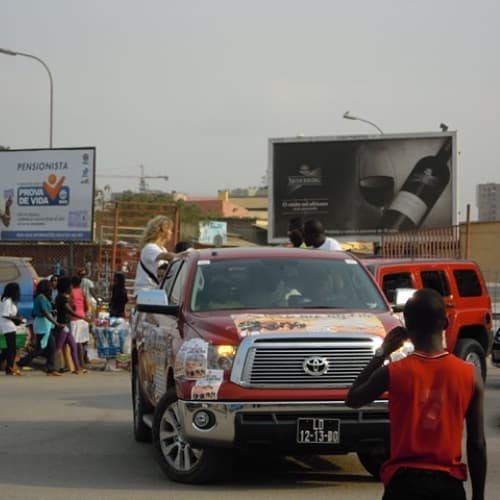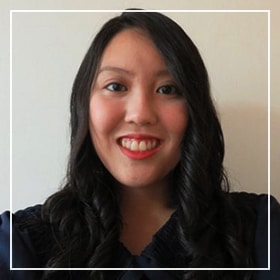Recently, I sat down with Jon Schubert, Allegra Lab’s new Director of Outreach for a conversation about his research, his position at Allegra Lab, and his advice to aspiring anthropologists. Jon is a political and economic anthropologist at the University of Leipzig. Having worked in foreign affairs, development consultancy, and commercial risk forecasting, Jon fell in love with anthropology late (for his PhD). He enjoys grappling with and writing about the big questions of inequality, power, infrastructures, pasts and futures, and the possibility of change, mainly through the perspective of Angola and Mozambique. I conducted this interview as part of my internship with Allegra Lab.
You mentioned that you became interested in anthropology later in your academic studies. What drew you to anthropology?
What drew me to anthropology was first of all the method, as I realised I liked hanging out with people, listening to their stories, and trying to understand their experiences. My previous experiences with more quantitative approaches — dishing out questionnaires to ’beneficiaries’ — were rather unsatisfying, and as I’d already done my MA research as oral history, the step to anthropology for my PhD was a small one, even if it meant brushing up on theories to come to appreciate the ’empirical philosophy’ side of the discipline.
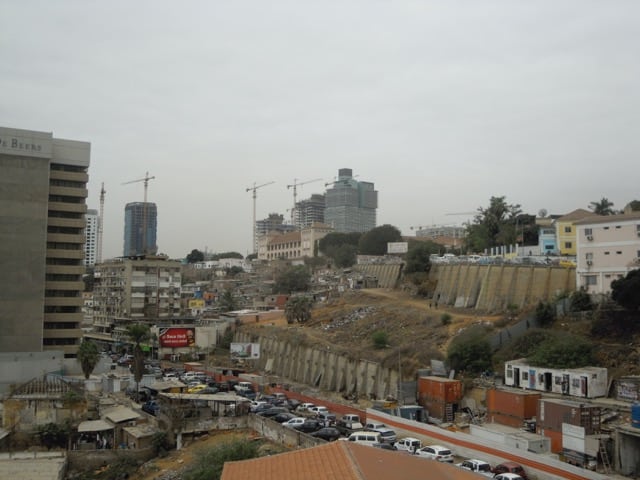
How do you think being an anthropologist has impacted your work in other areas such as foreign affairs and commercial risk analysis?
I hope that as anthropologists, we can generally bring a critical perspective and an attention to nuance into our work outside academia. I think that is, to me, one of the reasons to study anthropology if you don’t want to embark on an academic career. But it has also worked the other way round, challenging me to ask new, anthropological questions about my work, both as a risk analyst, as well as for my fieldwork.
Your new book Working the System: A Political Ethnography of the ‘New Angola’ is coming out this year. What has the process been like?
It’s a book that is based on my doctoral research. It’s changed quite a bit since I defended my thesis. There were another one and a half or two years working on it before I submitted the manuscript, and there were still some edits to do. But overall, it’s been a very joyful and rewarding process. I feel that I’ve been quite lucky to have landed where I am now. I’m really excited about the book coming out, and I’m waiting to see what they suggest as a cover design. I’m reading through the work now for the indexing, and it forces you to connect themes and topics in the book in a different way than when you were writing it, which is good because it makes me excited about future work in Angola again.
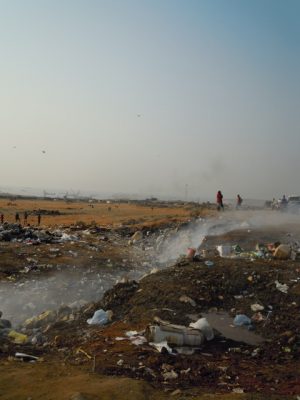
Can you tell me more about your current research project in Mozambique?
This is the project I’m just finishing at the University of Leipzig. I was doing fieldwork in the Ministry of Mineral Resources. I was looking at how Mozambique state functionaries work and how they negotiate competing ideas of development and the common good in daily work because there are a lot of expectations on the extractives in Mozambique about what they should do for the country. You have the industry, but also all the bilateral and multilateral development partners and a battery of consultants who want to tell the Mozambicans how to do this best. So there’s a lot of competing interests, and I felt that the functionaries are at the nexus of these interests. It was very short fieldwork unfortunately, but quite interesting. I’m working at one article now on how state and corporate actors are entangled in developing the mining sector. From July on, I’ll be starting a new position on a project on war and state formation at the University of Geneva. It looks at how rebel movements shape state practices and ideologies form and contribute to state formation and includes Angola, Côte d’Ivoire, and South Sudan.
Which books or authors have been particularly inspiring to you?
Recently, I’ve really liked Antina von Schnitzler‘s Techno-Politics after Apartheid which is on the installation of water and electricity meters in Soweto. I think it engages in a very clever but non-showy way with a number of very topical issues in anthropology. It’s an interesting book, very South Africa focused but really good. As an ethnography, I’ve rather recently also quite liked Pascal Ménoret’s Joyriding in Riyadh — it’s basically about youth joyriding and crashing cars. It’s a very fascinating and detailed insight into a very marginal youth sub-culture, but it’s combined very well with historical and archival research to give a good and very critical yet at the same time sympathetic portrayal of Saudi Arabian society.
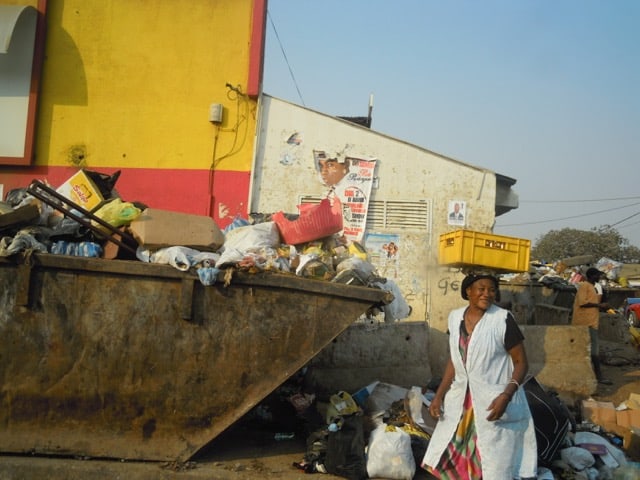
Why did you decide to join Allegra and become the Director of Outreach?
Some of the people on the editorial team are people I’ve known and worked with and engaged with for a while. So when they were looking to build up their team, they asked me, and I was very happy to join the team because I think it’s a fantastic project with a great team of switched on people. If I can contribute to that project in some way then that’s really great. The title Director of Outreach came out of our recent retreat in the French Alps. What we want to do is increase the visibility, build up the network, and establish some partnerships. The ideal would be that Allegra can be the official media partner of certain conferences, like EASA. Other than that I’m a part of the editorial team, working with contributors on thematic threads and posts.
Is there anything you wish you had known about the field of academia before deciding to pursue a Ph.D.?
I never regretted doing a Ph.D. I really quite enjoyed it despite the sometimes very tough times, but I also embarked on a Ph.D. without knowing that I wanted to stay in academia. Until quite late, I was really considering a more non-academic profession such as consulting. I always thought I would do the Ph.D., and then move back to doing policy or diplomacy work. But I quite like the academic work: the thinking, the writing, the analysis, the teaching. I also find that the conditions to do that work are increasingly difficult just in terms of funding. Doing the Ph.D. has been very formative for me as a person. I have no regrets. It’s just that an academic career as a professional career can be quite challenging, especially with governments slashing funds for education and research. Even as a professional anthropologist outside academia though, you have to do the Ph.D. otherwise they won’t take you seriously.
What is your advice to aspiring anthropologists?
My advice would be to choose courses that will balance the compulsory stuff with stuff that really excites you about the discipline, and read beyond the syllabus.

